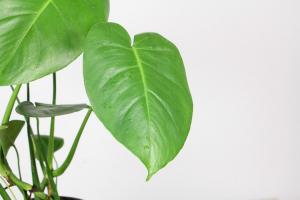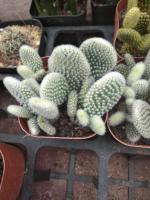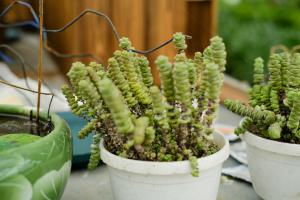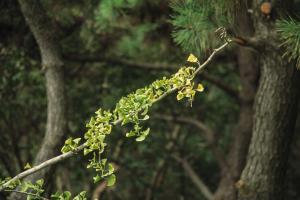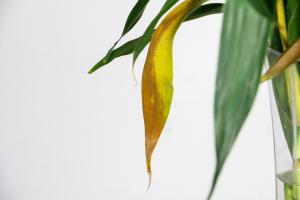How to Tell if a Plant is Poisonous
Plants are a crucial part of our environment as they purify the air we breathe and provide food for animals including humans. However, some plants can be poisonous and potentially deadly when ingested. Therefore, it's vital to be able to identify and avoid these harmful plants. In this article, we'll provide you with tips on how to tell if a plant is poisonous.
Know the common poisonous plants in your area
Different regions have unique poisonous plants. Therefore, it's crucial to know the common poisonous plants in your area. You can research and ask gardeners, farmers, and botanists for this information. Some common poisonous plants include poison ivy, poison oak, poison sumac, deadly nightshade, and hemlock.
Examine the physical appearance and characteristics
The physical appearance of the plant can also indicate its toxicity. Some poisonous plants have a shiny or waxy coating on their leaves. Others have thorns, spikes, or irritating hairs on their stems or leaves. Some have brightly colored berries or flowers with distinct patterns, while others have a strong smell. Remember, it's essential to note the specific characteristics of the plant and not generalize, as the same plant species may have varieties that are either poisonous or non-poisonous.
Pay attention to the location of the plant
The location of the plant can also be an indicator of its toxicity. Plants growing in or near swamps, damp areas, or bogs are more likely to be poisonous than those growing in dry soil. Additionally, plants growing in areas with a high concentration of industrial waste, herbicides, fertilizers, or heavy metals can be poisonous.
Be aware of allergic reactions
Some plants, while not necessarily poisonous, can trigger severe allergic reactions in individuals. Common examples include pollen from ragweed or grass, which can cause hay fever, and some herbs such as feverfew and echinacea, which can cause skin rashes and itching. Therefore, it's crucial to know if you or anyone in your household is allergic to any plants and avoid them.
Seek professional advice
If you're unsure about the identity or toxicity of a plant, seek professional help by consulting a botanist or horticulturist. Alternatively, you can contact your local garden center or cooperative extension service office, which can provide you with accurate and up-to-date information about your area's plants.
In conclusion, knowing how to identify and avoid poisonous plants is crucial for your safety, particularly if you have children or pets in your household. By familiarizing yourself with the common poisonous plants in your area, examining the physical appearance and characteristics of plants, being aware of their location and potential allergic reactions, and seeking professional advice, you can prevent plants' negative effects on your health.

 how many times do yo...
how many times do yo... how many planted tre...
how many planted tre... how many pine trees ...
how many pine trees ... how many pecan trees...
how many pecan trees... how many plants comp...
how many plants comp... how many plants can ...
how many plants can ... how many plants and ...
how many plants and ... how many pepper plan...
how many pepper plan...